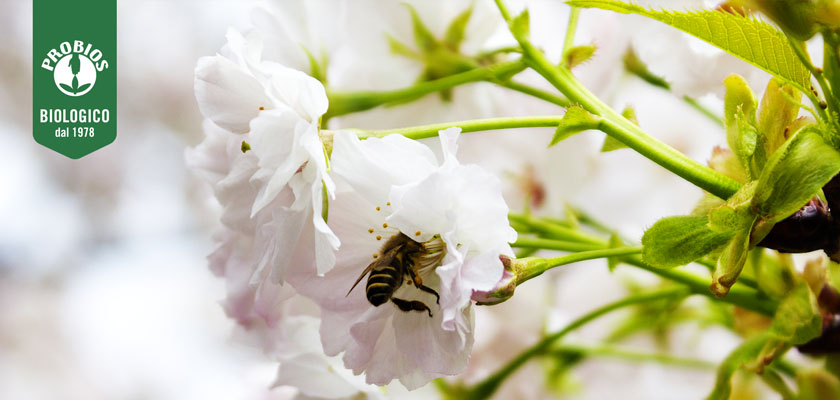
"Only One Earth": this is the slogan chosen for the first edition of the World Environment Day in 1974. From that year, every June 5th, the collective attention focuses on environmental issues around which the Earth safeguard revolves, and the survival of man himself. The theme chosen for the 2020 edition is biodiversity and the country where the major initiatives will focus is Colombia.
The birth of the World Environment Day
World Environment Day was conceived in 1972 on the initiative of the United Nations General Assembly with the purpose of directing the attention of all member states to the implementation of shared strategies and initiatives aimed at protecting the terrestrial ecosystem. An important contribution towards this goal undoubtedly comes from the Stockholm Conference on the Human Environment where UNEP, the United Nations Environment Program that establishes 26 between responsibilities and human rights with respect to Mother Nature, is developed.
World Environment Day: aims and targets
The World Environment Day purpose is not only the protection of nature in all its forms, but to raise public awareness on the topic too. The partnerships activated on this occasion are then important to develop environmentally sustainable policies. In recent years, for example, the so-called green economy has taken hold, based on the use of renewable energies that exploit sun, wind and sea currents: the goal is the reduction of CO2 emissions, the main cause of atmospheric pollution and global warming.
Biodiversity as a mirror of Earth's health
Each year, a key theme is chosen that World Environment Day will focus on and the symbolic country that will host the main events. If climate change and air pollution were discussed last year with China as the representative country, this year is the turn of biodiversity. About 8 million animals, plants, bacteria and fungi live on Earth, all with their own genetic heritage and specific external survival balances. According to the United Nations IPBES panel, in three quarters of the planet these habitats have been dangerously altered in their original balance due to the wild extension of lands intended for intensive farming, agriculture and industry. It’s estimated that only 16% of the ecosystems have remained intact and uncontaminated and only 23% of the animal species preserved. Changing biodiversity means unhinging millennial balances and taking Mother Nature's ability to endure our lifestyles to the limit. Why was Colombia chosen as the symbol country this year? Because in this South America state, nestled between the Caribbean Sea and the Pacific Ocean, crossed by the Andes and occupied to the south by the Amazon Rainforest, there is one of the largest biodiversities in the world: there are at least 51,000 animal and plant species among orchids, birds, butterflies, amphibians, plants and fish, for a total of about 300 priceless ecosystems.
Eating organic helps the environment
We at Probios have always been concerned with sustainability linked to nutrition: eating organic food preserves the natural fertility of the soil, since herbicides, pesticides and GMOs are not used for their production. In addition, a vegetarian diet contributes to reduce CO2 emissions in the air, due, in addition to industrial activities, to intensive breeding too. On the waste disposal side, we are well aware of how dramatically harmful the use of disposable plastics is for the environment. That’s why we try to do our part, adopting for many products an eco-friendly ecopack, disposable in the paper collection.





